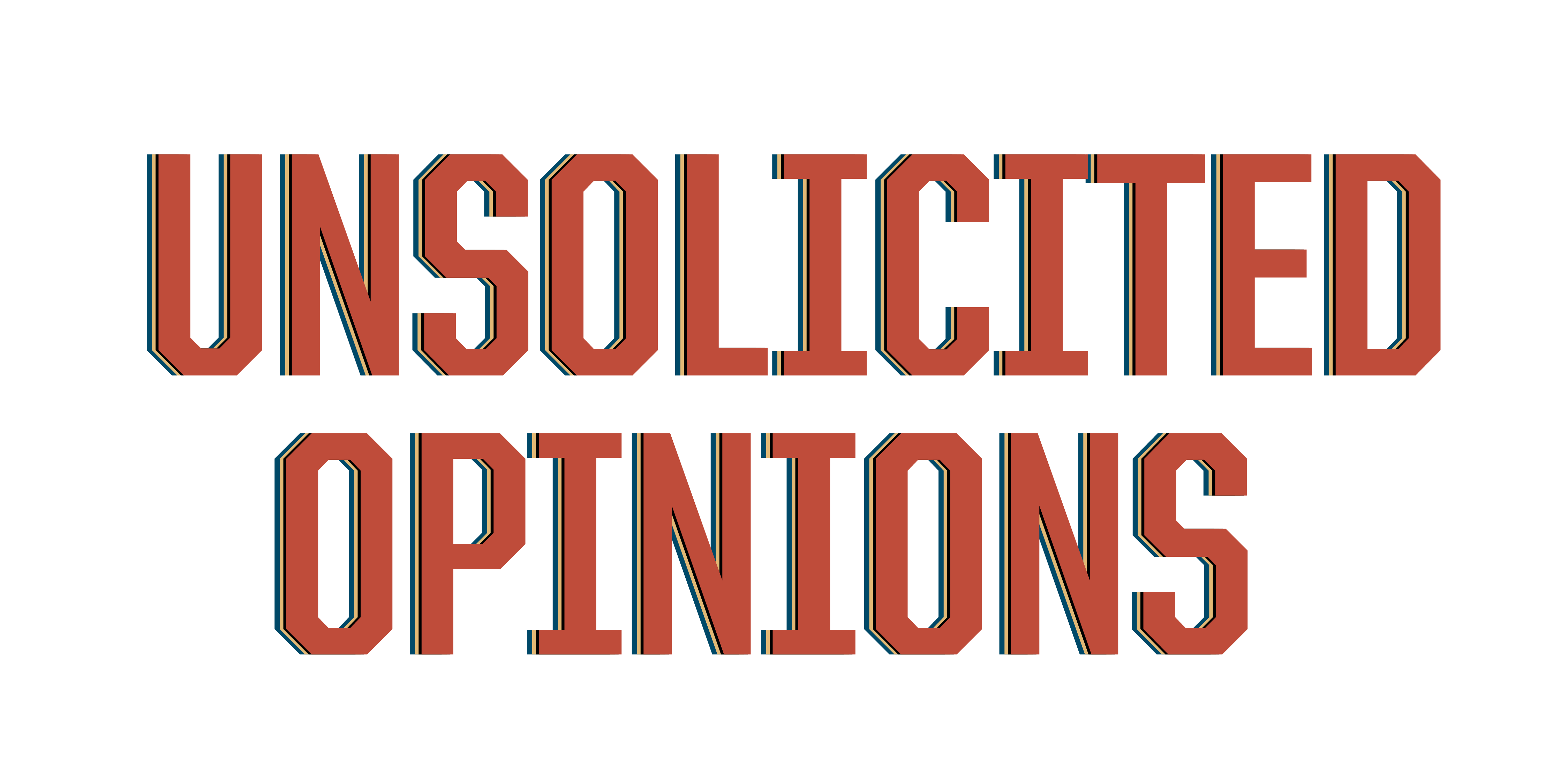Three Ways to Support LGBTQ+ Lives
Pride month has come to an end, but LGBTQ+ lives still matter and there’s still a lot of ignorance surrounding that ideology.
I was taking pictures for work and one of my clients gave me his business cards. I quickly looked at it and saw he had the pronouns “he, him” listed on his business card. At the time, I thought to myself “Why in the world does the white male feel the need to let me know to call him, him?”
While that example is very mild, we now live in a much more diverse, free, and connected world where sexuality is no longer just a matter of the bedroom. Sexuality exudes through our physical appearances like hair and dress, the way we communicate in terms of tone and style of voice, and even how we interpret things. It’s just as important for us to understand differences in sexuality and gender as it is for us to understand the differences in religion, race, and culture. To say you don’t see gender or sexuality is equivalent to saying “I don’t see race/color.” Both of those statements are incredibly stupid and insensitive to those that experience life completely different from you just because of the color of their skin or gender identity. It’s just as important to understand the dynamics of LGBTQ+ lives as it is to understand the dynamics of Black lives, Jewish Lives, or any other oppressed culture within our society. Below are three free and easy ways to better understand and support LGBTQ+ lives in order for us to live more peacefully together. Your opinion on someone else’s personal life more than likely isn’t going to change their behavior, so why not seek understanding and learn how to peacefully coexist with one another.
1. Seek Understanding
It’s especially important for us to understand the difference between gender and sexuality. One is biological, one is your role in society #GoogleIt.
Basically, sex refers to biological differences between males and females. Gender is much more difficult to define as there are many different genders. People often develop their gender roles in response to their environment, including family interactions, the media, peers, and education. The World Health Organization (WHO) even defines gender as:
“Gender refers to the socially constructed characteristics of women and men, such as norms, roles, and relationships of and between groups of women and men. It varies from society to society and can be changed.”
Genere roles are highly fluid and have, can and will shift substantially over time
Gender also influences expression and identity. GLAAD formally know as defines gender expression as:
“External manifestations of gender, expressed through one’s name, pronouns, clothing, haircut, behavior, voice, or body characteristics. Society identifies these cues as masculine and feminine, although what is considered masculine and feminine changes over time and varies by culture.”
Gender identity and expression are much more prominent in this time. It affects how we treat and interact with each other. This is why it’s important for us to understand the difference in gender and all of the alphabet crew (LGBTQ+).
2. Acknowledge People by the Correct Pronouns
A pronoun is defined as a word that refers to either the people talking (I or you) or someone or something that is being talked about (like she, it, them, and this). Gender pronouns (he/she/they/ze etc.) specifically refer to people that you are talking about. They are important because who actually wants to be misidentified…crickets. Imagine having a name that’s hard to pronounce and someone just calling you whatever they think your name is, or what they want it to be without even seeking to understand the true pronunciation.
Sometimes this can be complicated, but it’s totally okay to ask, use a suggested gender-neutral pronoun such as one/him/her or the singular “they”, or simply call them by their name. There are currently no standard gender-neutral pronouns in the English language which I can imagine is very difficult for transgender individuals and writers as we move towards a more inclusive society.
It’s also okay if you mistakenly call someone the wrong pronoun. Just simply apologize (just as you would if you pronounce someone’s name incorrectly) and ask how they would like to be identified. Simple, right?
3. Mind Your Business
Lastly, just mind your business. Showing simple respect and understanding to someone who chooses to live a different lifestyle as yours costs nothing. It does nothing to diminish your cisgender-ality (I know it’s not a word), your faith, or whatever.
What do you think? Comment your opinion on gender expression in general and at the workplace below.






You must be logged in to post a comment.